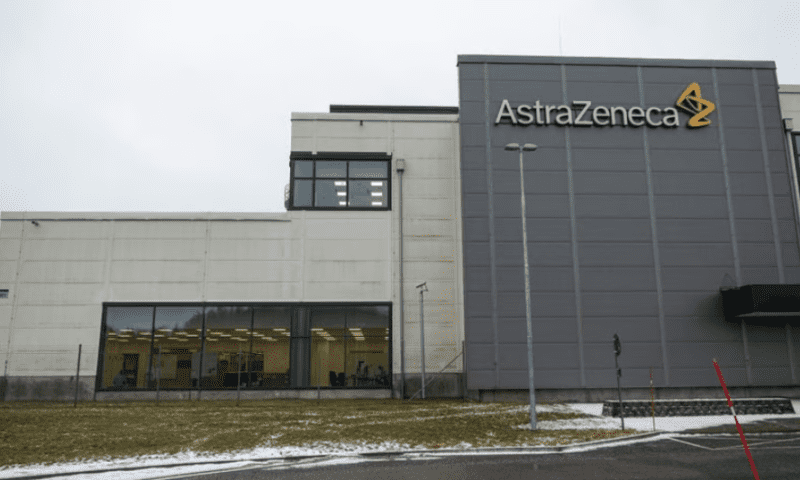AstraZeneca has taken a step toward winning approval of its asthma rescue medication PT027 in adults after a FDA advisory committee voted overwhelmingly that its benefits outweigh the risks. But the panel delivered a split decision on adolescent use and voted against approval in children.
PT027, a fixed-dose combination of albuterol and budesonide, breezed through part of the meeting as the panelists voted 16 to one that the data support a favorable benefit-risk assessment of use of the drug as a rescue medication in adults. The panelists noted the “strong” efficacy data and lack of safety signals. Randi Oster, the acting consumer representative and the co-founder and president of Help Me Health, was the only member of the panel to vote no.
“I wanted to emphasize the need for analysis of triggers, which was not included in the study. [Also], at the age of 18 there’s still growth, for young men especially, and there was no formal growth study,” Oster said during the panel’s discussion.
AstraZeneca had a rougher ride when the experts came to discuss the data it presented on two pediatric populations, namely children aged 4 to 11 years and adolescents aged 12 to 18 years. Doubts about the benefit-risk profile in children and adolescents rest on the validity of extrapolating the results from a phase 3 trial to the younger patients. The trial, MANDALA, enrolled adults and adolescents.
Alex Kaizer, Ph.D., assistant professor at the University of Colorado Anschutz Medical Campus, raised concerns about the heterogeneity of the data that made it “challenging to be highly confident that we could extrapolate these results.” Bridgette Jones, M.D., professor of pediatrics at Children’s Mercy Kansas City, was more sanguine, arguing that “full extrapolation is appropriate in this age group, and that you would expect similar outcomes for favorable risk benefit as in adults.”
That mix of views resulted in a 9-8 vote against the candidate in adolescents aged 12 to 18 years. The panel was more united on the question of whether the benefits outweigh the risks of the treatment in children aged 4 to 11 years, with the experts voting 16 to one against the candidate in the age group. Jones, the sole yes vote, said some children may benefit and it is up to doctors to identify them.
In a statement, Mene Pangalos, head of biopharmaceuticals R&D at AstraZeneca, said the company would work with the FDA to “progress the application and discuss next steps, including for adolescents and children.”

